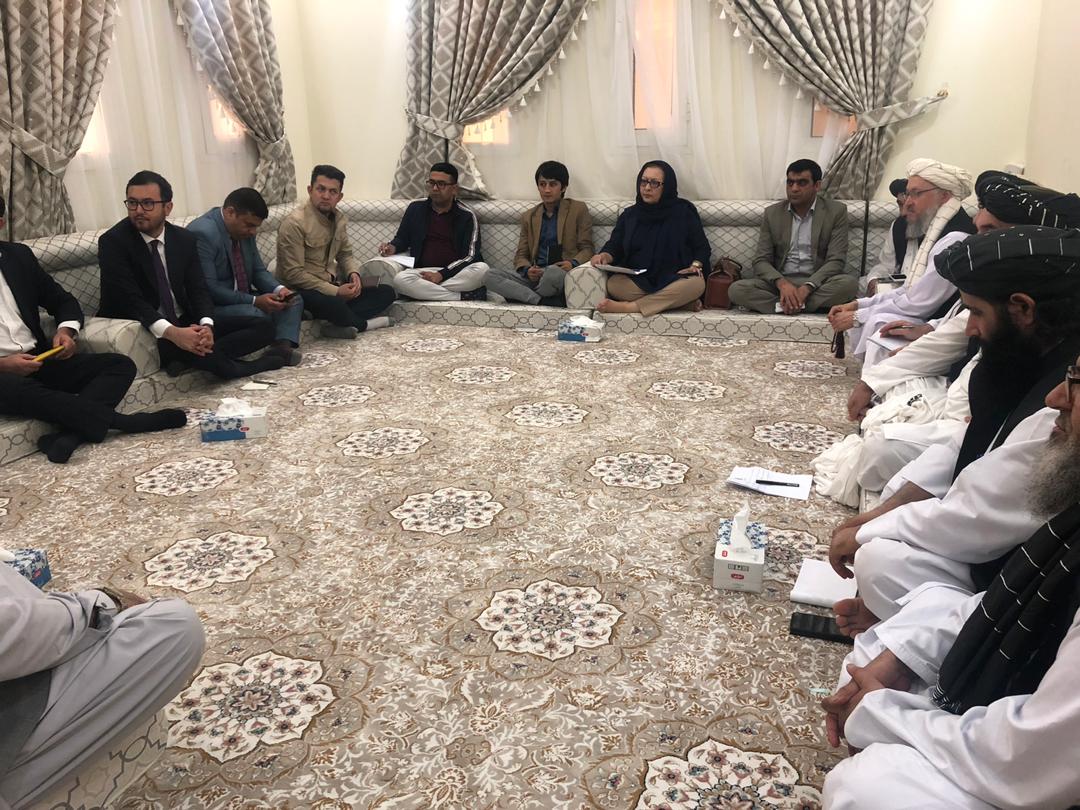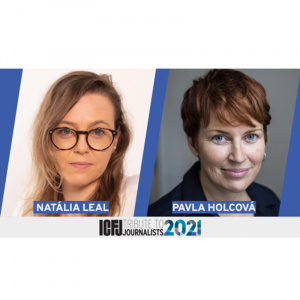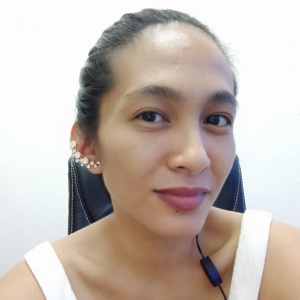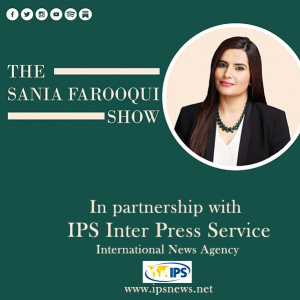Reporters Without Borders tallied 1 journalist and 3 media assistants killed in 2021
Threats and attacks against the media ARE increasing sharply since peace talks between the government and the Taliban began in September 2020.
The Taliban and the United States signed a peace agreement in February 2020 and the Taliban and the Afghan government began peace talks in September last year, but the press freedom situation in Afghanistan has worsened.
The respite from attacks against journalists that might have been expected due to the peace talks has yet to be felt.
Reporters Without Borders (RSF) has tallied 11 journalists and media workers were killed in targeted attacks in Afghanistant since March 2020. At least 5 of them were women.
 IAWRT Afghanistan Chapter President Najiba Ayubi took part in the peace talks between the Afghanistan government and the Taliban in Doha, Qatar last year. Afghan journalists were then pushing for discussions on the future of the media in the country as well as allowing the media to cover the peace talks and reflect the developments to inform the public.
IAWRT Afghanistan Chapter President Najiba Ayubi took part in the peace talks between the Afghanistan government and the Taliban in Doha, Qatar last year. Afghan journalists were then pushing for discussions on the future of the media in the country as well as allowing the media to cover the peace talks and reflect the developments to inform the public.
However, three journalists were killed within a six-week period following the talks and before the end of 2020.
Last year on International Human Rights Day, Malalai Maiwand, 26, and her driver Taher Khan were gunned down in Jalalabad. Maiwand was Enikass Radio and TV reporter and Jalalabad representative of the Centre for the Protection of Afghan Women Journalists. She was renowned for her fight for women and children’s rights. She was a member of AWRT, affiliated with IAWRT. She was an active member of AWRT and other civil society groups and had been under threat for some time. Islamic State claimed the murder of Maiwand.
On December 21, Rahmatollah Nekzad, 50, a reporter for international media such as the Associated Press and Al Jazeera since 2003, was gunned down in Ghazni.
On November 12, Mohammad Ilyas Dayee, 33, of Radio Free Europe/Radio Liberty’s Pashto-language service was killed in a bomb blast in Helmand province.
A total of six journalists and media workers were killed in Afghanistan in 2020. Afghanistan is ranked 122nd out of 180 countries in RSF’s 2020 World Press Freedom Index.
The targeted attacks against journalists continue this year.
On January 1, Besmellah Adel Imaq was shot dead in Firoz Koh, the capital of the central province of Ghor. He was radio station director for Voice of Ghor.
On March 2 this year, Enekaas TV’s dubbing service Sadida Sadat and Shahnaz Roufi were gunned down in a Jalalabad. Mursal Waheedi, who worked with the two, was also gunned down. All three women were aged 20 or 21 and were on their way home when they were killed. The Islamic State claimed the murder of the three.
On May 6, Nemat Rawan, 28, former TOLOnews anchor and a media official at the Ministry of Finance, was shot in his car in Kandahar City. He worked with TOLOnews for four years and presented political shows. His last post on Facebook was about his new job at the Ministry of Finance.
On June 3, Mina Khairi, 23-year old presenter for Ariana News, and four others including her mother died in a car bomb attack in Kabul. Khairi had worked in the television and radio programs of Ariana News since 2017.
The UN mission in Afghanistan said on February 15 in a report that at least 11 human defenders and media workers were killed in targeted attacks in the country from September 12, 2020 when the peace negotiations started in Doha to January 31, 2021.
Human Rights Watch (HRW) assailed the Taliban’s deliberate targeting of journalists and media workers, including women. In a statement on April 1, the international rights watchdog revealed findings from interviews with members of the media about the threats and attacks against the media increasing sharply since peace talks began that is “heightening concerns about preserving freedom of expression and the media in any peace settlement.”
“Women journalists, especially those appearing on television and radio, face particular threats. Recent attacks have driven several prominent women journalists to give up their profession or leave Afghanistan altogether. Female reporters may be targeted not only for issues they cover but also for challenging perceived social norms prohibiting women from being in a public role and working outside the home,” HRW said












